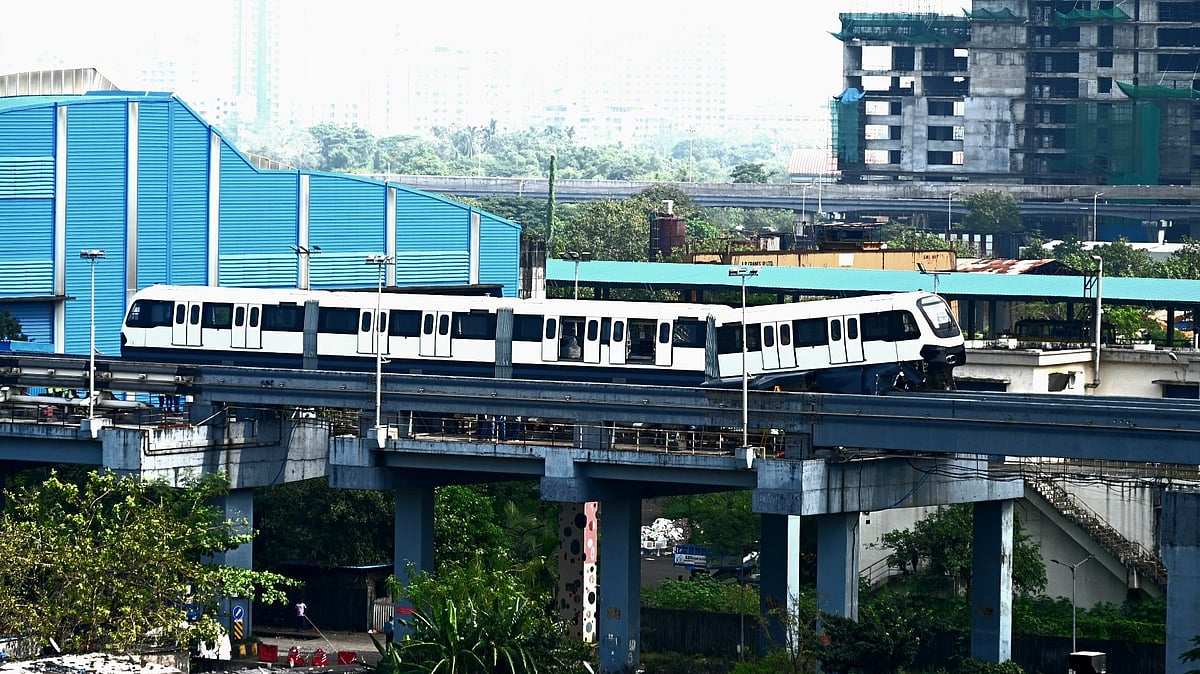Buying a home in Mumbai is a dream even for Mumbaikars who are tired of hunting the right crib with rates that have sky rocketed over the years. The standard of living varies in different regions of the maximum city, where we have a dynamic mix of residents. People from all over India and world reside in the financial capital. Some of been here for ages, while others hustle to sustain by living as paying guests, renting a condo or paying EMIs for decades.
In India, land ownership and tenancy have been governed for decades by the regulations of the Rent Control Act, 1948, which vary from state to state. Despite a laid out law, there were quite a set of limitations that proved to be disadvantageous for both, tenants and landlords. In order to bring about a change, the Ministry of Housing and Urban Development (MoHUD) proposed the Draft Model Tenancy Act, 2015.
With an objective to “establish a framework for the regulation of rent and to balance the rights and responsibilities of landlords and tenants”, the draft states: “This is neither a Central Act nor a Central Bill to be enacted by Parliament”. This implies the draft is only a proposal that is not binding. It is open to “logically suitable” suggestions.
In the Union Budget 2019 announced today, Finance Minister Nirmala Sitharaman spoke about the rental tenancy laws. She said the Centre would take substantial steps to promote rental housing for which government would make amendments in the existing rental laws.
"Current rental laws are archaic as they do not address lessor-lessee relationships fairly," she said, adding that the new tenancy rules would be shared with the states. She further said that public infrastructure and affordable housing will be taken up through innovative instruments such as joint development and concession on land parcels held by Central Public Sector Enterprises.
What is the Draft Modal Tenancy Act of 2015?
According to Ministry of Housing and Urban Affairs-
Draft Model Tenancy Act 2015, aimed at regulation of tenancy for commercial and residential properties, which will
· Balance the rights and responsibilities of landlords and tenants through rental contracts
· Registration of rental contracts with Rent Authorities
· Outlays process of fast adjudication process for resolution of disputes through Rent Tribunals
· Repossession of the premises by the landlord through Rent Courts
· Compensation in case of non-vacancy
Features of the Draft model
According to the Economic Survey, many built houses are laying vacant unused. This model focuses on unlocking those existing properties, so they can be rented out.
While the Rent Control Act, 1948 is applicable for 12 months, this draft makes it a compulsion to register a rental agreement exceeding 11 months period, but is not binding on the states.
Landlord will be required to refund the deposit amount within one month of the termination of the rent agreement.
If the house is renovated by the landlord, they can increase the rent after month by discussing with the tenant. Similarly if the house is in a deteriorating state, the tenant can claim a reduction in rent amount.
Evicting a tenant is unethical during the rent period. However, if the tenant fails to vacate, the landlord can charge double the monthly rent.
The new model suggests that a landlord cannot come unannounced to visit the property for inspection or repair works, and should provide a written notice 24 hours in advance.
According to the draft, landlords do not have the right to stop any necessary services or facilities like electricity or water. Rental disputes will be taken up by civil courts.
If the tenant wishes to move out, they have to provide a one-month notice to the landlord before leaving.
Without permission from the landlord, one cannot sub-let the premises, either partially or wholly.
The draft model is not applicable on buildings owned by governments, educational institutes, companies and religious or charitable organisations.
If a tenant dies, the agreement will still be in force and will be passed on next to kin if they still wish to accommodate.









